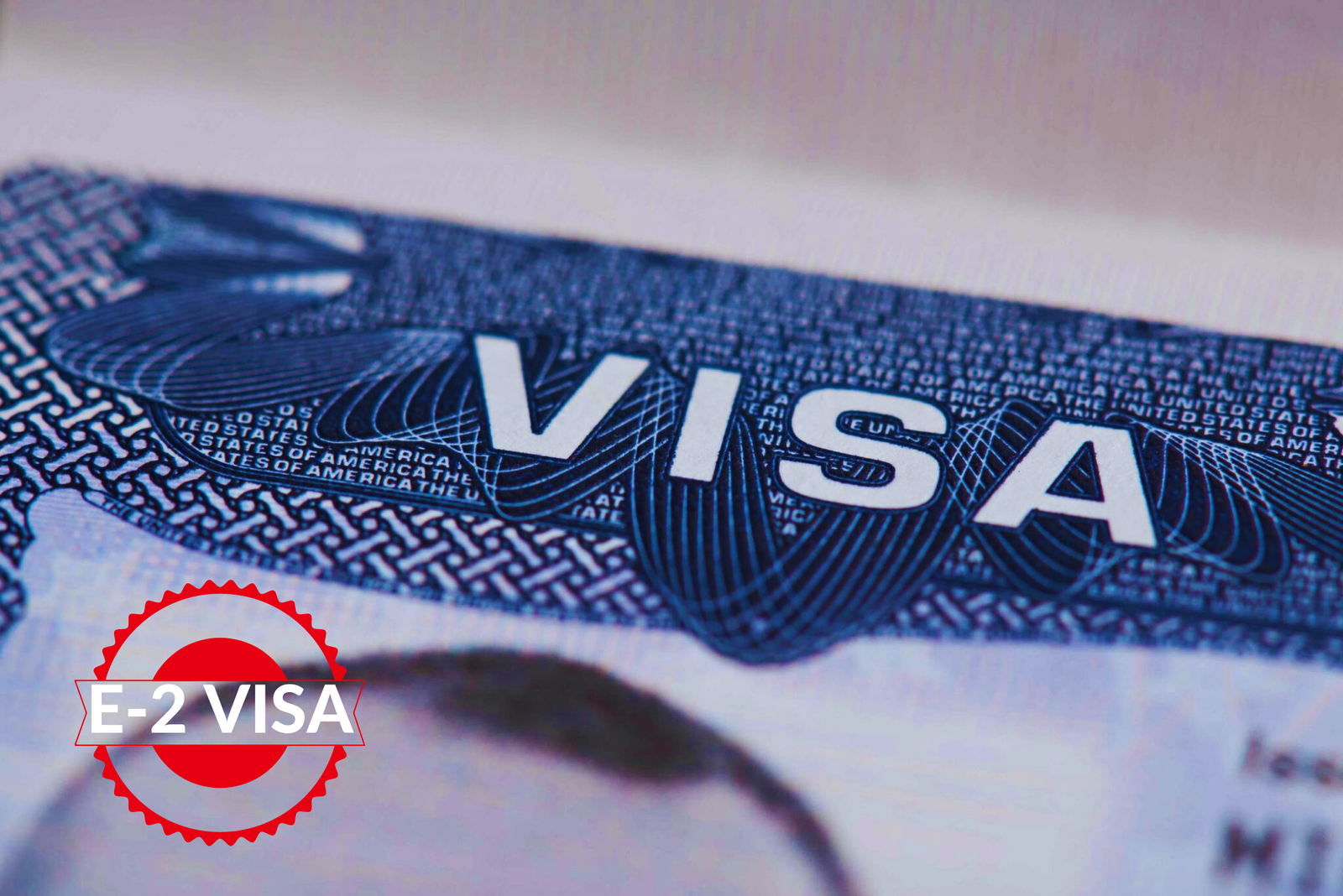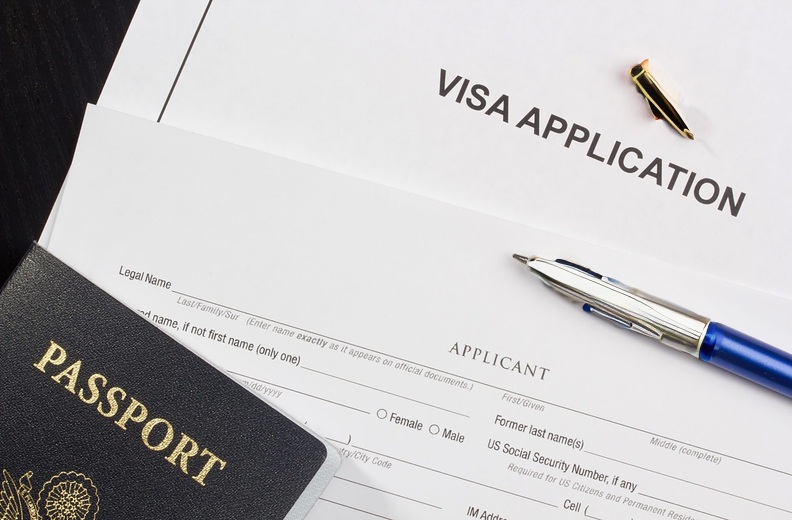The E2 visa offers a pathway for treaty investors to engage in business activities in the United States. To qualify for an E2 visa, applicants must meet several requirements established by the United States Citizenship and Immigration Services (USCIS). In this article, we will explore the eight main requirements for obtaining an E2 visa and provide insights into the legal concepts surrounding them.
Nationality Requirement
To be eligible for an E2 visa, individuals must be nationals of a country that has an E2 treaty with the United States, (consult the list of countries here). This requirement ensures that only citizens of treaty countries can avail themselves of the benefits of the E2 visa program.
Intent to Depart the US
Applicants must demonstrate the intent to depart the United States once their E2 visa status expires. While most non-immigrant visas require proof of non-immigrant intent, the E2 visa allows applicants to submit a signed statement expressing their intent to depart the US after their E2 status concludes.
Substantial Investment
A key requirement for the E2 visa is making a substantial investment in a US company. The USCIS does not specify a minimum investment amount, but instead employs a proportionality test to determine if the investment is substantial relative to the business’s total value. While there are no fixed percentages, investments of at least $100,000 are generally considered substantial, although lower amounts have also been approved.
Active, For-Profit Business
The business in which the investment is made must be an active, for-profit enterprise. This means that the business must engage in entrepreneurial activities and generate income by offering products or services in the market. Passive investments, such as residential real estate or stock market investments, do not fulfill this requirement.
Non-Marginal Enterprise
The E2 business must not be considered a marginal enterprise. A marginal enterprise is one that lacks the capacity to generate income beyond providing minimal living for the investor and their family. To demonstrate that the business is not marginal, it must either have the present or future capacity to generate more than minimal income or make a significant economic contribution, such as employing multiple workers.
Directing and Developing the E2 Business
E2 visa applicants must enter the United States with the purpose of directing and developing the E2 business. If investing as an individual, the applicant must either own at least 50% of the business or demonstrate operational control. For investments made by foreign businesses, the business entity itself must exhibit control and direction over the E2 business.
Lawful Source of Investment Funds: The investment funds used for the E2 business must have been obtained lawfully. Examples of lawful sources include earnings from lawful employment, property sales, gifts, or inheritance. Loan proceeds may also be used, but only if secured by personal assets and not by the assets of the E2 business.
Irrevocable Commitment and At-Risk Investment
The investment funds must be irrevocably committed to the E2 business and must be at-risk. This means that the funds must be actually invested in the business or in the process of being invested at the time of filing. The investment must be subject to partial or total loss, and the applicant must demonstrate a genuine commitment to the success of the E2 business.
Understanding the requirements for the E2 visa is essential for treaty investors seeking to engage in business activities in the United States. By meeting the nationality requirement, demonstrating intent to depart the US, making a substantial and at-risk investment in an active, non-marginal enterprise, and fulfilling other necessary criteria, applicants can enhance their chances of obtaining an E2 visa. For personalized guidance and assistance with the E2 visa application process, it is recommended to consult with experienced immigration lawyers who specialize in treaty investor visas.



